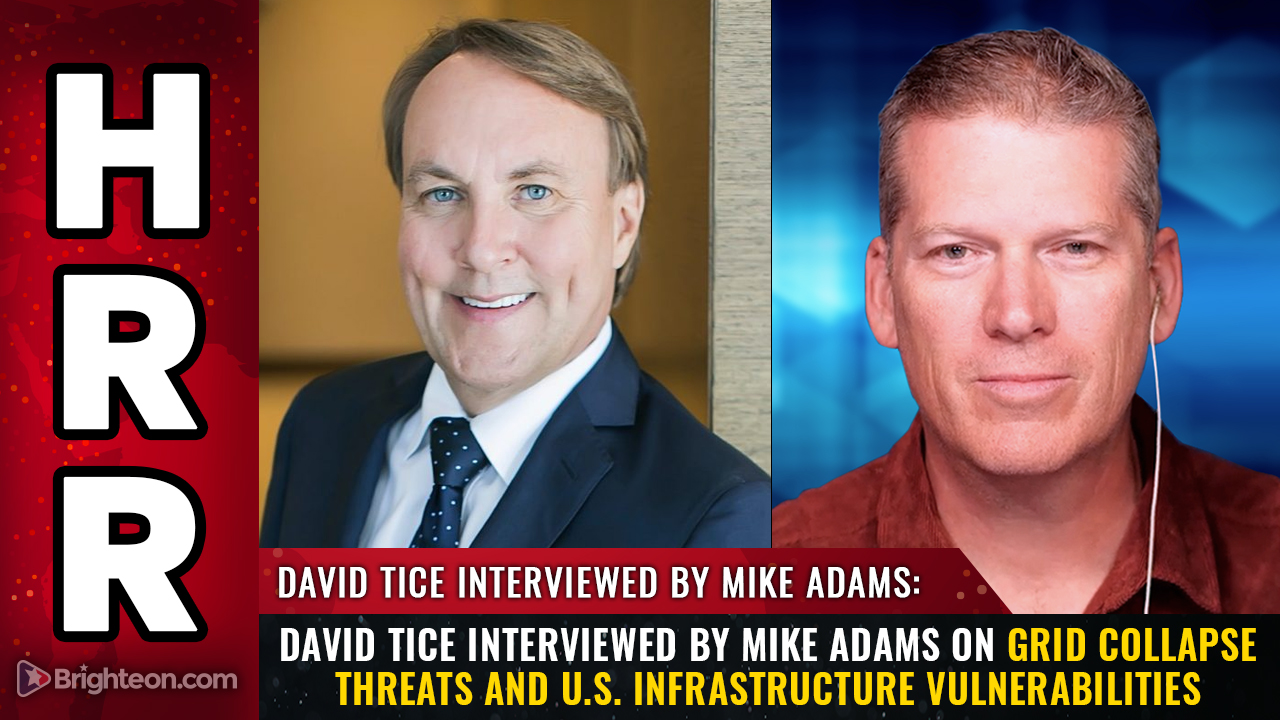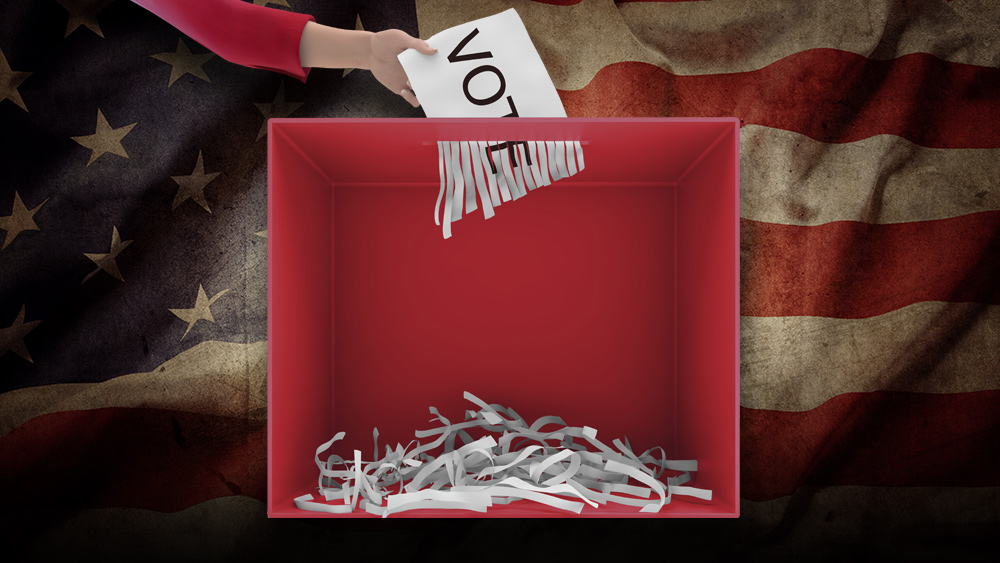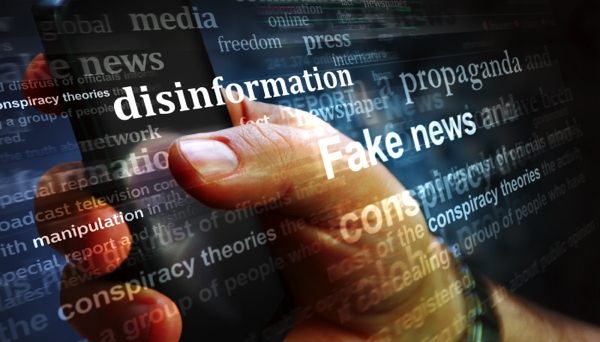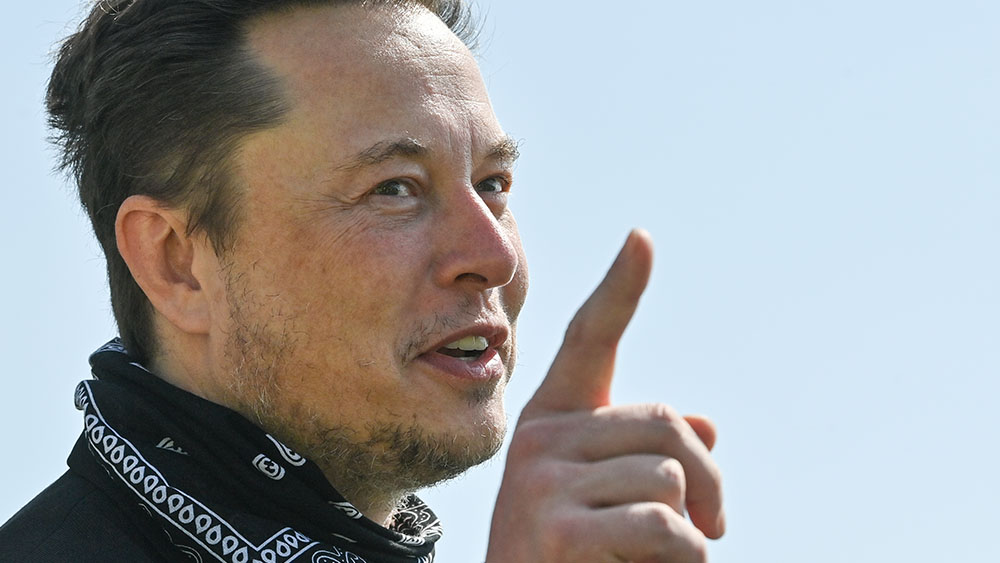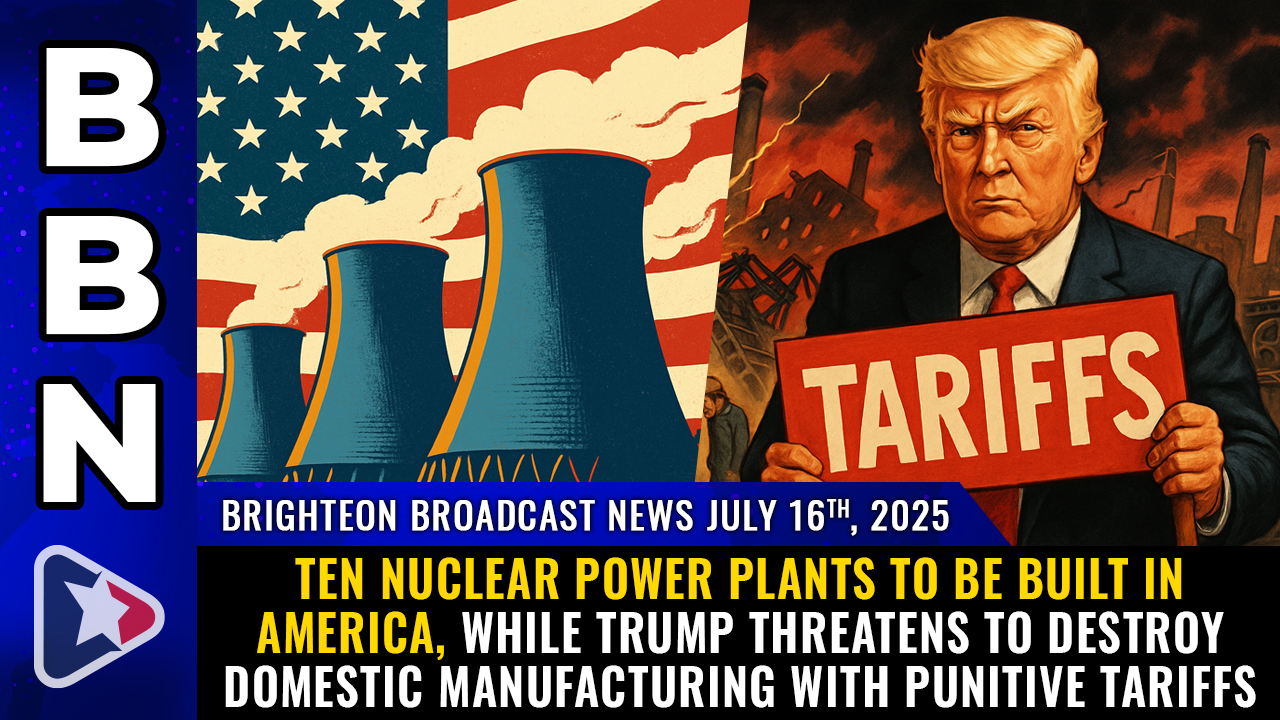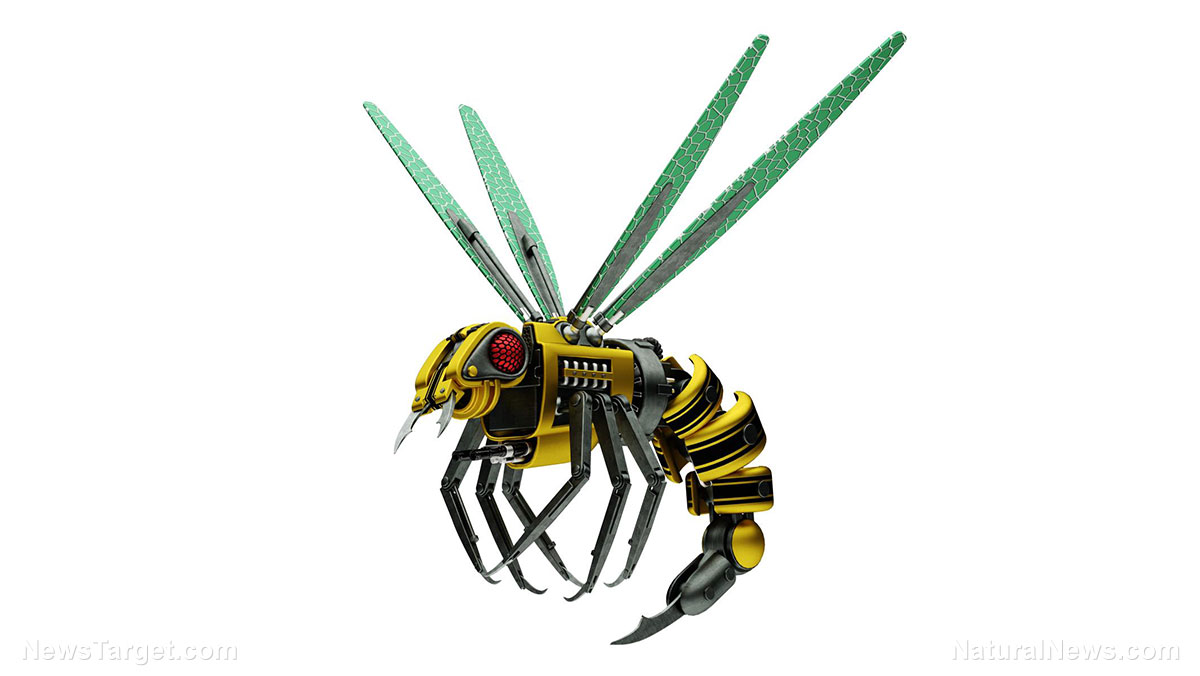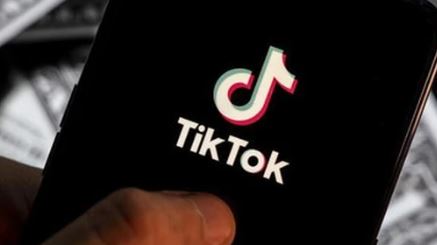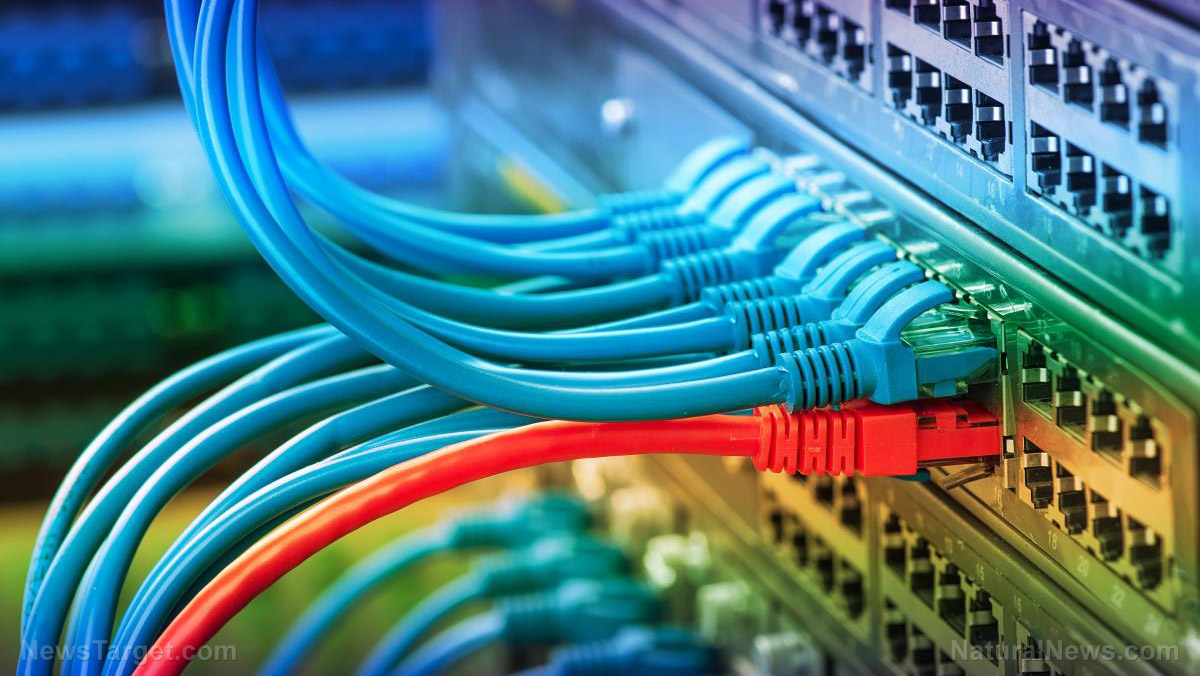Nvidia wins U.S. approval to sell AI chips to China after Trump administration reverses ban
07/16/2025 / By Cassie B.
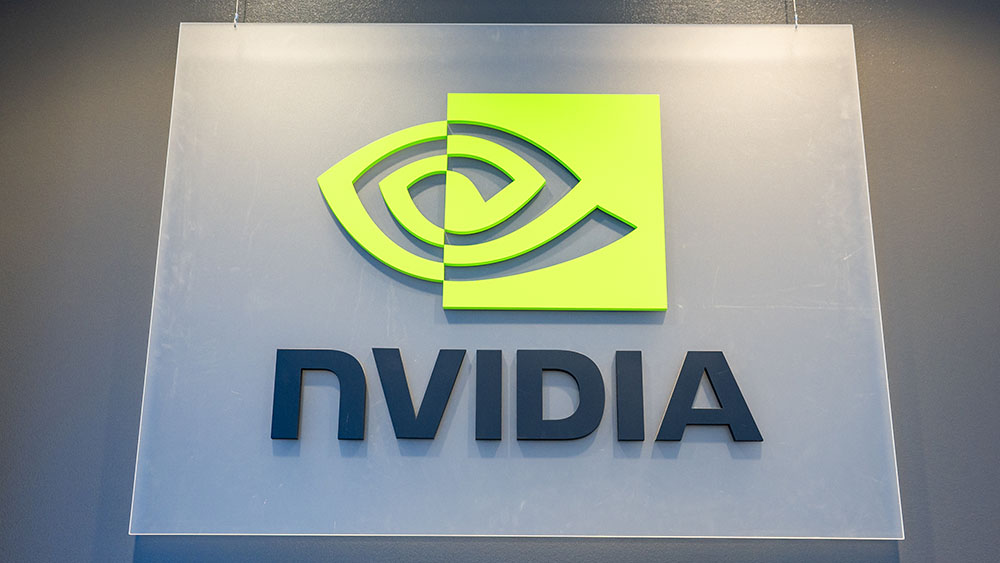
- The Trump administration reversed its policy, allowing Nvidia to sell AI chips to China after intense lobbying and a meeting between CEO Jensen Huang and President Trump.
- Nvidia secured U.S. approval to sell its H20 AI chips to China, with Chinese firms like ByteDance and Tencent rushing to place orders, potentially boosting Nvidia’s revenue by billions.
- Critics warn the chips could be diverted to China’s military, despite Huang’s assurances that U.S. tech leadership remains secure.
- The decision signals a potential thaw in U.S.-China tech tensions but highlights ongoing debates over national security versus economic interests.
- China remains dependent on Nvidia’s chips for AI development, even as it pushes for domestic alternatives, underscoring the company’s pivotal role in the global tech rivalry.
In a sharp reversal of U.S. policy, the Trump administration has granted Nvidia approval to resume sales of its AI chips to China, just months after imposing strict export controls. The decision, announced by Nvidia CEO Jensen Huang during a visit to Beijing, comes after intense lobbying by the tech giant and follows Huang’s high-profile meeting with President Trump last week.
The move signals a potential thaw in U.S.-China tech tensions, but critics warn that Beijing could exploit the advanced semiconductors for military applications, undermining American national security.
Nvidia secures licenses amid Chinese demand
Nvidia confirmed in a company blog post that the U.S. government will allow it to file applications for licenses to sell its H20 AI chips to China. “The US government has assured Nvidia that licenses will be granted, and Nvidia hopes to start deliveries soon,” the statement read. The H20, while less powerful than Nvidia’s flagship AI processors due to export restrictions, is still the most advanced chip legally available to Chinese firms.
Chinese tech giants, including ByteDance and Tencent, have reportedly rushed to place orders, eager to secure the hardware needed to fuel their AI ambitions. Industry sources suggest the sudden policy shift could generate an additional $15 billion to $20 billion in revenue for Nvidia this year alone.
The timing of the announcement is notable, coming just days after Huang met with President Trump in Washington and as he embarked on a high-stakes visit to Beijing. Huang’s trip includes meetings with Chinese government officials and industry leaders, reinforcing Nvidia’s commitment to the Chinese market despite escalating geopolitical tensions.
Military concerns linger despite corporate assurances
While Nvidia celebrates the regulatory win, skepticism persists in Washington over whether the chips could be diverted to China’s military or intelligence agencies. U.S. Senators Elizabeth Warren and Jim Banks recently sent a letter to Huang urging him to avoid meetings with Chinese entities tied to the military or intelligence sectors.
Huang, however, has dismissed such concerns. In an interview with CNN, he argued, “We don’t have to worry about that,” insisting that American technology must remain the “global standard” to maintain U.S. leadership in AI. Critics, including former U.S. officials, remain unconvinced. One anonymous former Commerce Department official warned, “There was plenty of open source and classified intelligence showing that the PLA was working quite hard to get its hands on these chips.”
The debate highlights the broader struggle within the U.S. government over how to balance economic interests with national security. While Nvidia and other tech firms push for open markets, defense hawks argue that China’s dual-use technology policies make export controls essential.
A strategic shift in U.S.-China tech rivalry
The reversal coincides with ongoing trade negotiations between Washington and Beijing, suggesting the decision may be part of a broader diplomatic strategy. The Trump administration has previously pledged to ease some export restrictions as part of trade talks, but officials have not confirmed whether Nvidia’s case is directly linked.
China, meanwhile, is racing to reduce its reliance on foreign tech. State-backed firms like Huawei are developing homegrown alternatives, but analysts say Beijing remains dependent on Nvidia’s chips in the short term. Ryan Fedasiuk, a former State Department tech policy adviser, noted, “China is in a weird position because they continue to be dependent on Nvidia… but I think it should be clear to Nvidia that the company is dispensable in China.”
For now, Nvidia’s dominance in AI hardware ensures its pivotal role in the global tech landscape. With a market capitalization surpassing $4 trillion, the company’s fortunes are deeply intertwined with the AI boom and the geopolitical battles that come with it.
The Trump administration’s decision to allow Nvidia’s AI chip sales to China marks a significant, though likely temporary, détente in the U.S.-China tech cold war. While the move benefits American corporations and Chinese tech firms alike, it does little to resolve the underlying tensions over military applications and technological supremacy. As Huang continues his charm offensive in Beijing, Washington must weigh the economic gains against the long-term risks of empowering a strategic adversary.
Sources for this article include:
Submit a correction >>
Tagged Under:
AI chips, big government, Big Tech, China, cyberwar, economy, future tech, Glitch, information technology, national security, NVIDIA, robots, tech giants
This article may contain statements that reflect the opinion of the author
RECENT NEWS & ARTICLES
COPYRIGHT © 2017 COMPUTING NEWS





